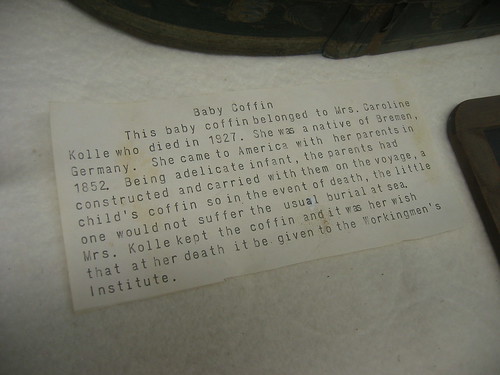
{Photo by rocketlass.}
It seems fitting that this day of fireworks and celebrations opened, for me, with a post from the mysterious and self-lacerating Spurious, who earlier this week alerted us to the existence of a museum in Lisbon devoted to Fernando Pessoa--and off-handedly noted that the museum was a tremendous disappointment. {Let's be honest, though: doesn't that seem right? Would you want to come out of a Pessoa museum invigorated, transformed, calling your friends to tell them of your love? No, no, instead you want to leave by an unmarked door, pull your hat lower, hunch your shoulders into your coat, and wander off, barely looking at the street signs; your silent room will find you.}
Today Spurious is gnawing at some overwrought, yet admirable, lines from Alberto Giacometti in which the sculptor finds himself "sobb[ing] with rage" at his inability to express himself in words. Why, wonders Spurious, is the very thought of sobbing over recalcitrant prose these days more likely to make us smile with amusement than shake with sympathetic frustration? The investigation leads Spurious {him? her? I don't know that anyone knows, aside from Spurious's occasional interlocutor, W.} right back to Pessoa, then through Beckett and Blanchot, until finally Spurious surrenders, offering a closing paragraph that opens with a ring of rapturous abandon--
Stab yourself in the neck, drink until you fall over. Copy out Giacometti's lines on the walls of your padded cell. Laughter, endless laughter: literature has a fever and is burning up.--and gets better from there.
All of which led me, too, to Pessoa, in the moments just after dawn, when, having woken with the birds, I was alone in the quiet house; as always, a few minutes spent paging through The Book of Disquiet were rewarded. Here, from "A Factless Autobiography," Pessoa {or his heteronym Bernardo Soares} quietly urges us to rapture by laying out its opposite:
The world belongs to those who don't feel. The essential condition for being a practical man is the absence of sensibility. The chief requisite for the practical expression of life is will, since this leads to action. Two things can thwart action--sensibility and analytic thought, the latter of which is just thought with sensibility. . . . Every man of action is basically cheerful and optimistic, because those who don't feel are happy. You can spot a man of action by the fact he's never out of sorts.Can those who are never out of sorts really ever be in sorts, though? Can a state exist without its opposite? Or do they simply exist, unchanging and unchanged, neither gaining nor losing--simply, uncomplicatedly, unreflectively being? Is it better to rage like Giacometti?
In principle, yes, for we all can see what Giacometti made of his rage. But I will admit that I tend to keep an even keel, that right now I am unequivocally enjoying sitting on the back stairs in the summer breeze with my laptop, coffee, and ziggurat of books. Uncomplicatedly.
As Beckett had the first word of this post, in the headline, it seems right to let him also have the last one, stepping forward, stepping back, stepping forward. If he can't convince us, no one can.
From "Texts for Nothing" (1950-52)
Leave, I was going to say leave all that. What matter who's speaking, someone said what matter who's speaking. There's going to be a departure, I'll be there, I won't miss it, it won't be me, I'll be here, I'll say I'm far from here, it won't be me, I won't say anything, there's going to be a story, someone's going to try and tell a story. Yes, no more denials, all is false, there is no one, it's understood, there is nothing, no more phrases, let us be dupes, dupes of every time and tense, until it's done, all past and done, and the voices cease, it's only voices, only lies.Now hie thee out into the holiday and rapturously set some things on fire.
No comments:
Post a Comment